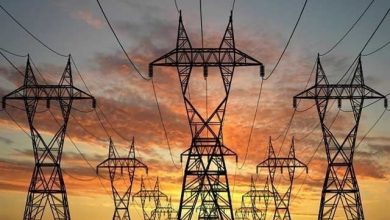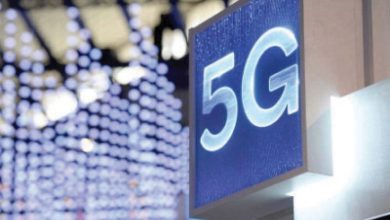Karachiites shocked with Rs3.04 tariff hike for July
ISLAMABAD: Notwithstanding a lot of hue and cry raised by business, trade and political representatives, the National Electric Power Regulatory Authority (Nepra) on Friday notified about Rs3.04 per unit additional fuel cost adjustment (FCA) in the consumer bills of K-Electric for electricity consumed in July.
The higher FCA would hardly make any major impact on consumers as the regulator directed the utility to charge the new FCA in the billing month of December, replacing Rs3.17 per unit FCA on account of June 2024 being charged to consumers in the current month.
Earlier, Nepra had approved in one go Rs2.59 per unit FCA for electricity consumed in May and Rs3.17 per unit for June consumption. The FCA for May would be charged in the October bill and that of June in the November bill.
K-Electric demanded Rs3.09 per unit additional FCA for electricity consumed in July. After minor variations, the regulator allowed the country’s only private power utility to charge Rs3.04 per unit additional fuel cost to consumers in December. This would provide Rs6.1 billion additional funds to KE instead of Rs6.2bn as demanded.
The representatives of business, commercial, and political communities based in Karachi opposed the fresh FCA, saying it could affect business and commercial activities in the country’s largest metropolitan and port city, which was at a disadvantage against the rest of the country.
During the public hearing, they pointed out that other ex-Wapda distribution companies were ordered to refund 37 paise per unit for July. However, allowing an additional Rs3.04 FCA would be a major financial shock for the Karachiites.
Utilities incur fuel charge adjustments due to global fuel price variations and generation mix changes. The higher FCA, the notification said, would apply to all consumer categories except lifeline power consumers, prepaid metering consumers and electric vehicle charging stations .
The adjustment on account of monthly FCA also applies to domestic consumers having Time of Use (ToU) meters, irrespective of their consumption level.




